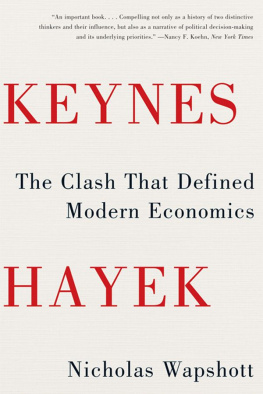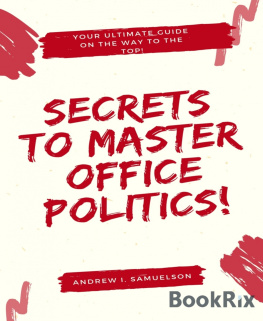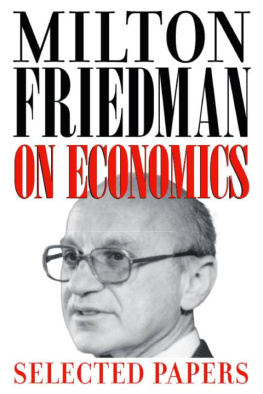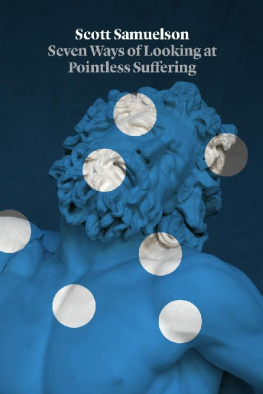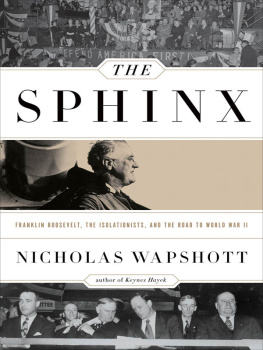Nicholas Wapshott - Samuelson Friedman
Here you can read online Nicholas Wapshott - Samuelson Friedman full text of the book (entire story) in english for free. Download pdf and epub, get meaning, cover and reviews about this ebook. year: 2021, genre: Politics. Description of the work, (preface) as well as reviews are available. Best literature library LitArk.com created for fans of good reading and offers a wide selection of genres:
Romance novel
Science fiction
Adventure
Detective
Science
History
Home and family
Prose
Art
Politics
Computer
Non-fiction
Religion
Business
Children
Humor
Choose a favorite category and find really read worthwhile books. Enjoy immersion in the world of imagination, feel the emotions of the characters or learn something new for yourself, make an fascinating discovery.

- Book:Samuelson Friedman
- Author:
- Genre:
- Year:2021
- Rating:5 / 5
- Favourites:Add to favourites
- Your mark:
- 100
- 1
- 2
- 3
- 4
- 5
Samuelson Friedman: summary, description and annotation
We offer to read an annotation, description, summary or preface (depends on what the author of the book "Samuelson Friedman" wrote himself). If you haven't found the necessary information about the book — write in the comments, we will try to find it.
Samuelson Friedman — read online for free the complete book (whole text) full work
Below is the text of the book, divided by pages. System saving the place of the last page read, allows you to conveniently read the book "Samuelson Friedman" online for free, without having to search again every time where you left off. Put a bookmark, and you can go to the page where you finished reading at any time.
Font size:
Interval:
Bookmark:
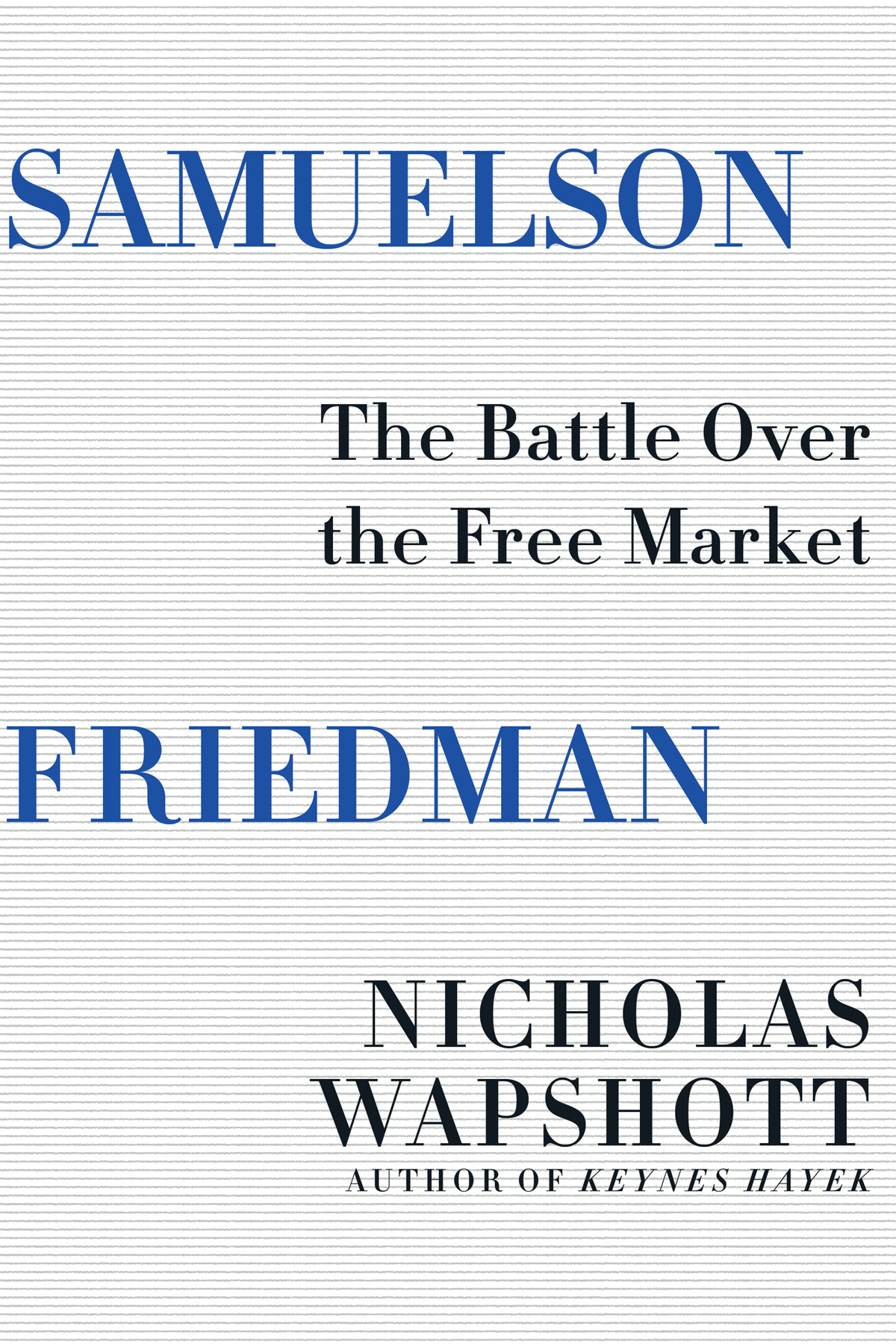

SAMUELSON
FRIEDMAN

The Battle Over the Free Market
Nicholas Wapshott


For Louise
Contents
SAMUELSON
FRIEDMAN

Newsweek changes hands and the new editor, eager for controversy, pits Paul Samuelson against Milton Friedman. As stagflation bites, Keynesianism is put to the test
V incent Astor,
Vincent Astor, aged sixty-six, was visiting his English cousins with his third wife, Brooke, ten years his junior and affectionately known by him as Pookie. She had caught up with her husband in London after attending, on the arm of the Catholic Archbishop of New York, the coronation of Pope John XXIII in the Vatican. Their brief English sojourn over, Brooke and Vincent, still sniffling from his cold, boarded the SS United States bound for Manhattan.
The sea journey appears to have fired Vincents imagination. He had inherited the Astor fortune at the age of twenty after his father, John Jacob Astor IV, drowned on the maiden voyage of the RMS Titanic. Popular tales of John Astors sangfroid when the unsinkable liner began taking on water offered a flicker of grace under pressure in an otherwise bleak scene of disaster. Reports told of the tall, good-looking, phlegmatic multimillionaire escorting his pregnant wife Madeleine to a lifeboat before heading to the ships kennels, where he liberated all the canine inmates, including his own Airedale terrier, Kitty. The suggestion that, while awaiting his fate at the cocktail bar, Astor had quipped, I ordered ice, but this is ridiculous, may not have been true, but the story fixed in the public imagination an image of Vincents father as a collected character who embraced premature death without complaint.
On Vincents return from his English visit, he and Brooke made for the Astor family seat of Ferncliff, set on the Hudson River nearly a hundred miles north of New York City. He sought out a screening in nearby Poughkeepsie of a new British movie, A Night to Remember, that retold the story of the Titanic sinking, to see how the filmmakers portrayed his fathers understated heroism. He also wished to see how the freeing of Kitty was depicted. Echoes of his fathers mortality were to stalk him through his life. While climbing the stairs to the theaters balcony, Vincent suffered chest pains that were later diagnosed as the symptoms of a minor heart attack.
Returning to Manhattan, Vincents health worsened. On the night of February 3, 1959, he and Brooke were due to attend a dinner party. Feeling unwell, Vincent urged his wife to go on her own. Returning home, she found him in bed, struggling to breathe. Brooke Astor called Vincents personal physician, Connie Guion, who decided that his condition was stable and that there was no need to move him to the hospital. Around midnight, Vincent died, with the two women fretting at his bedside. This tragic turn had far-reaching consequences, not just for Brooke Astor, who lived another five eventful decades. Vincents death was the first act in a string of incidents that would inadvertently construct a stage for one of the most significant and bitter duels in the history of economic thought.
Vincent Astor left the vast bulk of his $134 million fortune ($1.2 billion in 2020 dollars) to Brooke, the first $2 million without strings. Half of what remained was invested to provide her with a vast income, the other half tied up in the Vincent Astor Foundation, established in 1948 to alleviate human misery. The foundation was to be wholly administered by Brooke and the income distributed according to her wishes. She took her work for the Foundation seriously and relished her task playing Lady Bountiful. Money is like manure, she liked to say. It should be spread around. Among the many notable properties the Astor Foundation owned were the landmark St. Regis Hotel on Fifth Avenue, Manhattan, and Newsweek magazine.
After taking advice, the widow Astor decided she had little interest in becoming either a grand hotelier or a press magnate, and both the St. Regis and Newsweek were put up for sale. The magazine had been set up in 1933 by former employees of Henry Luces conservative Time magazine as a more liberal alternative. By the late Fifties, however, it had lost its zing. As Ben Bradlee, wrote.
When Brooke Astor decided to sell the magazine, the Muirs believed that as trusted friends of Vincent they would be given first option to buy, and they began raising money. Norton Simon, publisher of the Washington Post.
The energetic and charismatic Graham, who was married to Katharine Meyer, the daughter of the Washington Posts proprietor, was always looking for distraction from the clinical depression that dogged him, and he responded to an initial approach from Bradlee and Elliott with enthusiasm. Why dont you come on over? Now! he said. Since being handed the Post to run by his wifes father, Graham had been on the lookout for a property that he could transform and call his own. Newsweek appeared to fit the bill. It was a prominent news brand that would sit neatly alongside the Post to become a potent rival to the burgeoning Time. It would need flair, imagination, and hard work, which Graham felt he could provide. So a bid was prepared and, on March 9, 1961, amid a snowstorm that engulfed New York City, Phil and Kate Graham waited in their Manhattan apartment in The Carlyle Hotel for news from the Astor Foundation board. The larky Brooke Astor favored the sale to Graham from the start and argued his case to the rest of the board. And so it was that for the sum of $15 million ($129 million in 2020 dollars) Newsweek changed hands.
The editorial direction of the magazine changed at once. As Bradlee explained, All of a sudden the magazine shed its Chamber of Commerce, pro-business, pro-Republican establishment cast, and staked out new ground for itself. Younger, more creative, less cynically biased than Time. Fairer, less preachy, and more fun. Under its new editor in chief, Oz Elliott, Newsweek gradually changed to a more liberal and entertaining news weekly for a general readership. To distance itself from the right-leaning Time, Elliott set about replacing, in his words, the predictably conservative views of contributors to reflect the progressive attitudes of the Sixties. Elliott hoped a broader approach to Newsweeks opinion columns would invite much-needed controversyand therefore public attentionto the changed magazine. And he continued refreshing Newsweeks content after Graham died by suicide in August 1963.
Having brought in the old warhorse Walter Lippmann,
The obvious candidate was John Kenneth Galbraith, most glamorous salon.
Galbraith was not interested. Never one to underestimate his own worth, he saw himself as far more than a columnist for a news magazine and was reluctant to become tied to a weekly deadline. Used to writing at book length, Galbraith told Elliott he simply could not confine himself to the thousand words or so that a
Font size:
Interval:
Bookmark:
Similar books «Samuelson Friedman»
Look at similar books to Samuelson Friedman. We have selected literature similar in name and meaning in the hope of providing readers with more options to find new, interesting, not yet read works.
Discussion, reviews of the book Samuelson Friedman and just readers' own opinions. Leave your comments, write what you think about the work, its meaning or the main characters. Specify what exactly you liked and what you didn't like, and why you think so.

